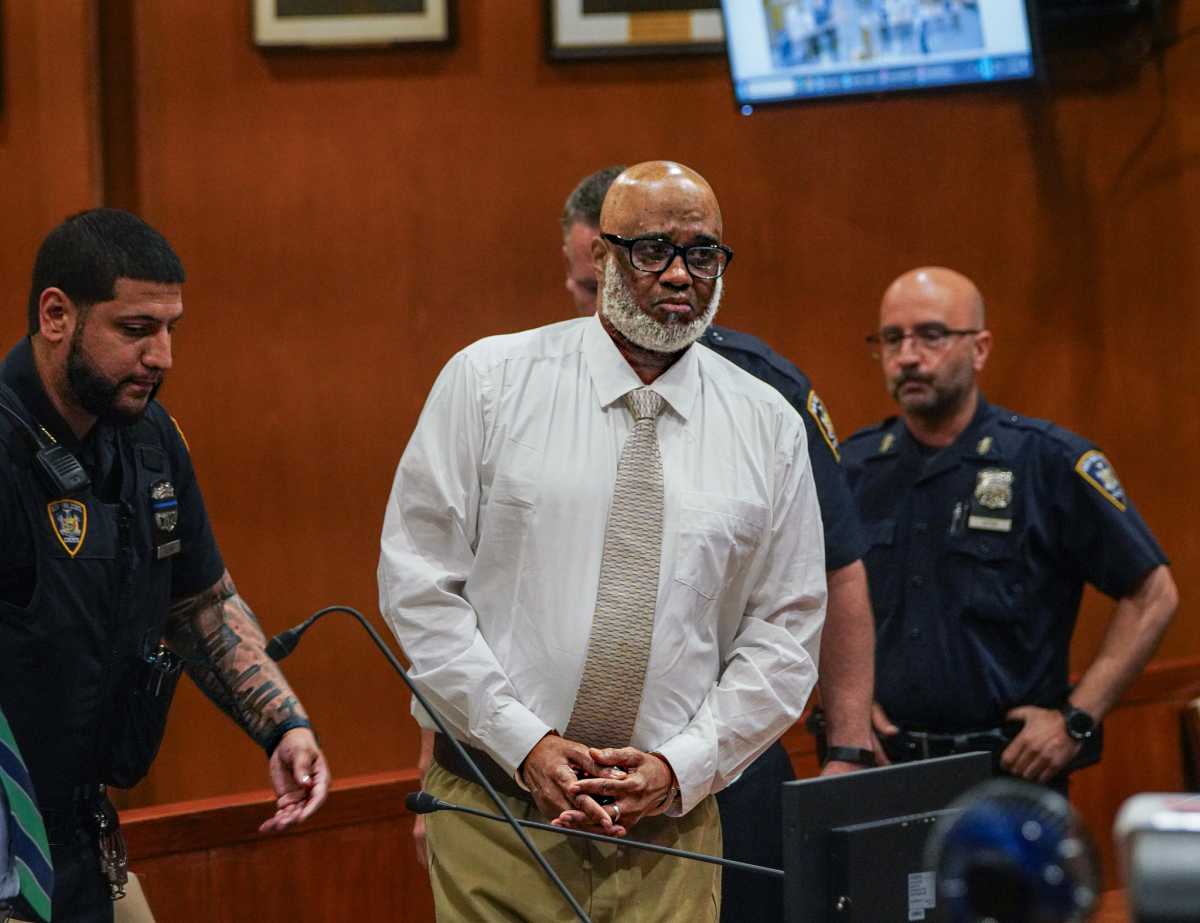A new study finds that when medical personnel know what kind of care a patient wants at the end of life, fewer Medicare funds will be expended and the patient will be more likely to die at home rather than in a hospital – at least in certain areas of the country.
The study, published in the October 5, 2011 issue of the Journal of the American Medical Association, found that in regions of the U.S. that tend to spend the most on end of life care, patients with “advance directives” ended up costing Medicare about $5,600 less per person. Advance directives, such as a Health Care Proxy and Living Will, allow patients to communicate their end of life wishes if they are unable to do so themselves. These patients’ quality of life also appeared to be better, as they were more likely to receive hospice care and to be at home when they died.
However, the differences in spending and care were not as dramatic in regions of the country with low to average end of life expenditures. The researchers speculated that in these areas, less aggressive care at the end of life is already the norm and more in line with most patients’ wishes. In high spending regions, by contrast, an advance directive may embolden caregivers to go against the local norm of aggressive treatment and prolonged hospital care. In 2006, treatment during the last year of life accounted for more than one quarter of Medicare expenditures.
Advance directives typically include a Health Care Proxy and a Living Will. A Health Care Proxy is a document in which an individual appoints another person to make health care wishes on his/her behalf in the event that the individual does not have the capacity to do so. A Living Will is a document that gives instructions regarding treatment that the individual would want, especially if the individual becomes terminally ill or is in a persistent vegetative state. A Living Will may contain directions to refuse or remove life support in the event the individual is in a coma or vegetative state, with no expectation of recovery. By the same token, it may provide instructions to use all efforts to keep the person alive, no matter the circumstances. Most participants in the study who had advance directives specified that they wanted to limit treatment.
Each state has its own laws regarding advance directives. The study highlights the importance of planning for potential incapacity and long–term care needs. In addition to discussing end of life wishes with your health professional, it is advisable to consult an elder care attorney who can memorialize those issues in the appropriate documents.
Ronald Fatoullah is a leading expert in the field of elder law& estate planning. He is the founder and managing attorney of Ronald Fatoullah& Associates, a law firm concentrating in elder law, Medicaid eligibility, estate planning, special needs, trusts, guardianships, & probate. This article was co-written by Stacey Meshnick, Esq. who heads the Medicaid department at the firm.The firm’s offices are conveniently located in: Queens, Long Island, Manhattan& Brooklyn and can be reached at: 718-261-1700, 516-466-4422, or Toll Free at: 1-877-Elder Law 1-877-Estates.



































